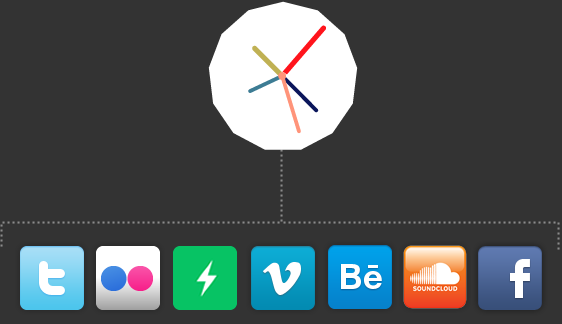…Not so Urgent.
“Maria Thereza Alves, a Brazilian artist living in Europe, researches social and cultural phenomena working particularly with situations which question social circumstances about what we think we know and who we think we are instead at where and how we actually are at this time.” (GSA Events Blurb about M T A)
The talk “Urgent and Not So Urgent Possibilities” was not a well-attended GI lecture event. The artist spoke specifically about some examples of her previous work, in a sparsely populated GFT Theatre on 23rd April.
When an artist sets about discussing their work, it can be expected that some of the conceptual foundations may not be easily transmitted to the viewers or listeners. I would suggest this is because of the fact that underlying principles are shaped by a multitude of factors. These factors can encompass beliefs, opinions and experiences, and the internal nature of the intentions behind art works can be difficult to articulate in a meaningful and quantifiable manner.
The reason that I make this admittedly general statement regarding the conceptual basis of art works is that it seemed that the articulation of the conceptual foundations was absent from Maria Theresa Alves’ talk. These elements surely should have been foregrounded as being key within her practice?
The examples the artist chose to showcase were quite wide-ranging in terms of format, and I would have expected to gain a sense of them by noticing and understanding the theoretical underpinnings they shared.
However, although some sort of connecting thread was visible on a few occasions (about “what we think we know and who we think we are”), her works felt somewhat disjointed, perhaps even coming across either as being developed on unsteady foundations, or as morphing into outcomes based on uncertain/very generalised lines of inquiry. In particular, could one perhaps question both the conceptual process of identifying and hypothesising the travel ideas and the relative merits of the frieze outcome of her ‘seed-migration-through-the-ages’ project for the Guangzhou Triennial?
It could be that rather than the exploratory / historical / ecological art projects (as they seemed to be described), her work is actually much more akin to a set of personal stories?
It could be that the very generalised narrative structure which the works seemed to possess was actually intended to bring to light issues connected with the lack of knowledge we have about the creation of our surrounding environment?
In my mind, such analysis of the works would make them, without exception, more interesting. Instead, these types of ideas were not acknowledged and this left me wondering if they were perhaps much less successful works than they pertained to be?
I do not think that a relatively short presentation talk, to such a small audience, talking briefly about a few works can really be expected to do either an artist or their practice justice. The fact that you also cannot seem to see any of Maria Theresa Alves’ works in Glasgow during GI does also not seem to make sense.
I believe that the Sculpture Studios are involved with the artist in a residency of sorts and I hope that the result of this can be shown in the city. Otherwise it could conceivably be the case that seeking out new work by Maria Theresa Alves make just become a “not so urgent possibility”














Comments